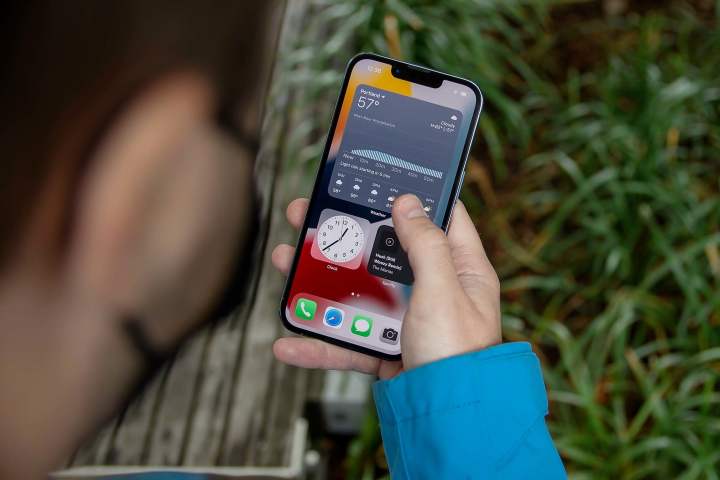Apple is in some hot water with Brazil’s Justice Ministry for not including charging adapters in the box with new iPhones. While this has been the case for several years, according to a new piece of legislation from the governmental body, the iPhone’s lack of in-box charging adapters is a “deliberately discriminatory practice against consumers.” As a result of the ministry’s ruling, Brazil is freezing the sale of all iPhone models that have launched since 2020, starting with the iPhone 12, and is fining Apple just over 12 million Brazilian reais — which equates to roughly $2.3 million USD.
A major part of Apple’s justification for why it decided to stop including chargers in-box is because, according to Apple, it could “avoid more than 2 million metric tons of carbon emissions.” According to Reuters, which first reported the story, Brazil’s Justice Ministry rejects that statement, citing that there’s no evidence to support the company’s claims.

This isn’t Brazil’s first time taking issue with Apple’s lack of in-box charging adapters. Earlier this year, the country’s Justice Ministry required the company to pay a customer a sum of roughly $1,000 USD after they made a formal complaint about the lack of charger.
While Brazil is just one country, and a $2.3 million fine won’t completely break the bank for Apple, this could be the start of a shift for the company and all those that are seeking to imitate it. Plenty of major companies, including Samsung and Google, are launching new devices without charging adapters. That could be a major issue if more countries follow Brazil’s lead and start speaking out.
Apple has been hit with a sizable amount of anti-consumer claims across the world, with the European Union requiring it to drop its Lightning port in favor of USB-C by 2024 being a major standout. Shifting to a much more consumer-friendly model will likely hurt Apple’s wallet as it’s been dedicated to cutting its own costs by excluding additional hardware like charging adapters and headphone dongles. That said, if the company is looking to continue being the industry leader that it is, it will need to play ball with regulatory boards across the world or face a similar fate as it’s seeing in Brazil.



